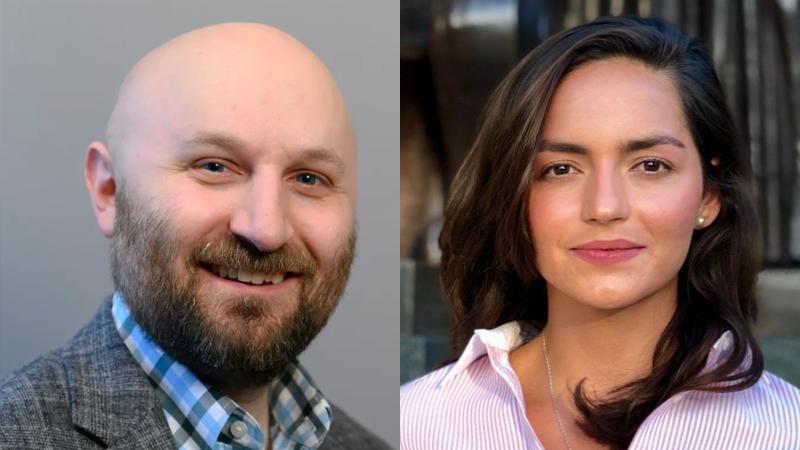Research in Progress: Polarized environments? Exploring CSA in an environmental context
June 15, 2022

By Luke Capizzo, University of Missouri and Andrea Martinez Gonzalez, James Madison University
Organizations of all types have been more willing, in recent years, to engage in conversations about controversial or polarizing issues — from the Obergefell v. Hodges U.S. Supreme Court decision on same-sex marriage to Black Lives Matter.
While, in the past, ostensibly apolitical organizations have steered away from issues not directly related to their business where taking a stand might alarm or anger certain stakeholders, the trend of corporate social advocacy (CSA) has grown into a significant area of public relations practice and research. The support of the Page Center has been instrumental in growing theory-driven, empirical research in this crucial space.
Our study looks to build on existing research and push theory forward in two areas by:
- Comparing previously studied CSA issues to the potentially polarizing context of climate change and climate justice communication
- Applying a new mechanism for understanding the psychology of consumer/citizen responses to stances on polarizing issues: Moral Decoupling Theory.
Previously studied CSA issues include Black Lives Matter, COVID-19, gun control, LGBTQ rights, and other highly polarized topics in a U.S. context. By contrast, environmental issues have tended to be less polarizing — it’s difficult to imagine individuals being in favor of more pollution or the destruction of the natural world as independent stances.
Debates on related issues concerning the environment have traditionally reflected the degree to which societies can accept some level of pollution or destruction in return for resources, products, and general quality of life improvements.
Yet, the last several decades have seen a shift around the discourse of global warming, climate change, and climate justice, as significant corporate funding and campaigns have created a political issue context where a term as seemingly neutral as climate change elicits a polarized response.
In the recent book A Strategic Nature: Public Relations and the Politics of American Environmentalism, Melissa Aronczyk and Maria Espinoza unpack how the connotation of sustainability — the key term in this year’s Page Center call for proposals — is reflective of decades of contentious issue framing from the energy industry: Public relations efforts have consciously shaped public understanding of the environment and the natural world.
In addition to the new issue context, we will apply a new theoretical lens. Moral Decoupling Theory explains that consumers are likely to decouple their beliefs about an organization’s morality from their consumer behaviors—thus lessening the negative effects of a polarizing decision on consumer behaviors. This approach (supplementing prior CSA research using a Theory of Planned Behavior approach) looks at consumers' behavior as morally charged.
We believe this may help to explain why taking stances has been shown by both prior experimental research and anecdotal real-world cases to generally be more beneficial than harmful for the corporations taking the stances.
Practically, in addition to the issue-specific guidance, we hope this research will inform how PR professionals make decisions in the context of issue polarization — that more issues may be polarizing than they realize and that not all engagement has to aim for issue consensus to be neutral or beneficial from a business perspective.
At heart, building on prior CSA research, this study aims to open the door toward authenticity—organizations enacting and living their values (in actions and in communication) rather than avoiding contentious issues at all costs.
For further information on this study, please email Capizzo at capizzol@gmail.com and Martinez Gonzalez at marti8ax@jmu.edu. Results from the study will be available next year. This project is supported by a 2022 Page/Johnson Legacy Scholar Grant from the Arthur W. Page Center.

